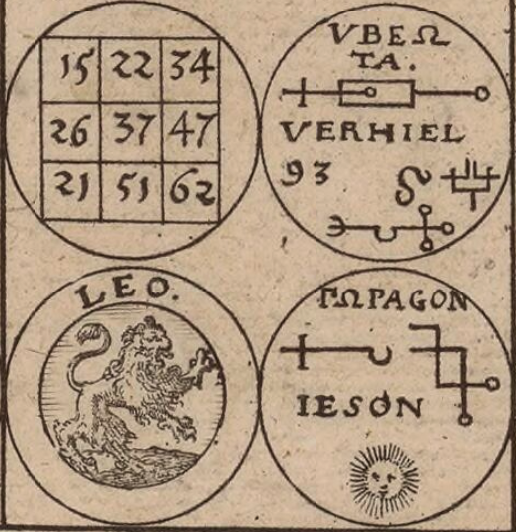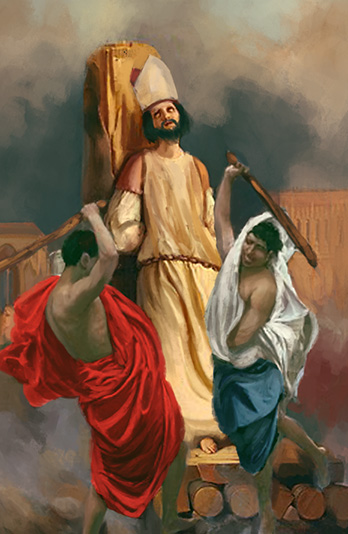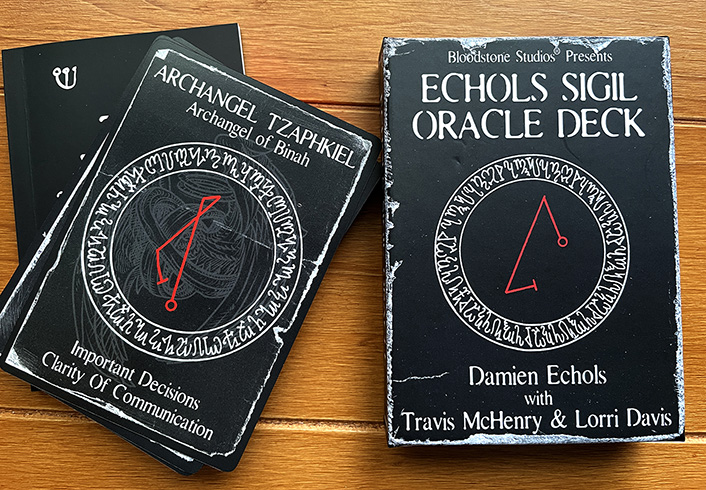Featured article
Devil's Gate Dam is a flood control dam in the Arroyo Seco in northern Pasadena between La Cañada Flintridge and Altadena. The location is the narrowest spot on the Arroyo Seco's course below Millard Canyon. Occultists Jack Parsons and Aleister Crowley believed the site of the dam was a portal to Hell. The area surrounding the dam has officially been renamed "Hahamongna," a Tongva phrase meaning "Flowing Waters, Fruitful Valley," although this is not the original Tongva name for the site.
In the 1930s, possibly at the behest of Aleister Crowley, who believed the Devil's Gate Dam was one of the seven portals to Hell, physicist and occultist Jack Parsons began practicing ritual magic at the site. His early rituals were intended to invoke the nature god Pan, but he also performed experimental ritual evocations with L. Ron Hubbard.
(Full Article...)
|



